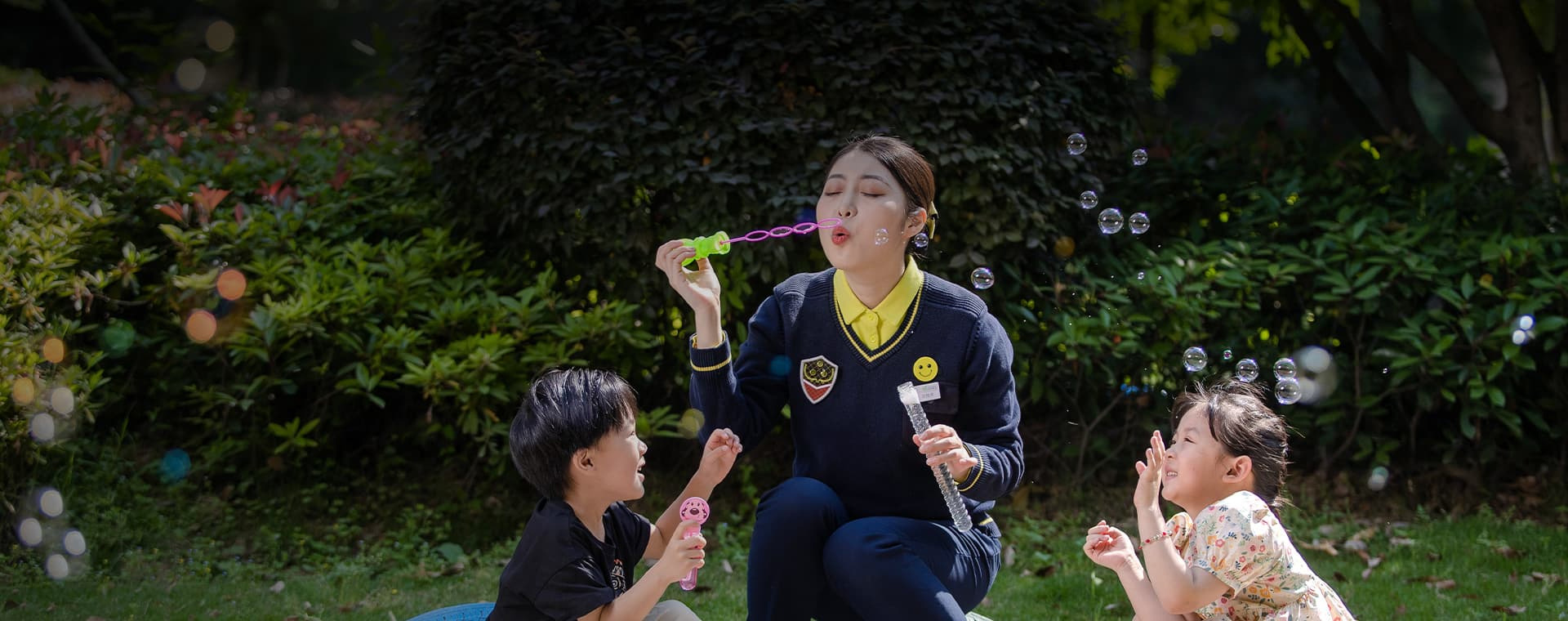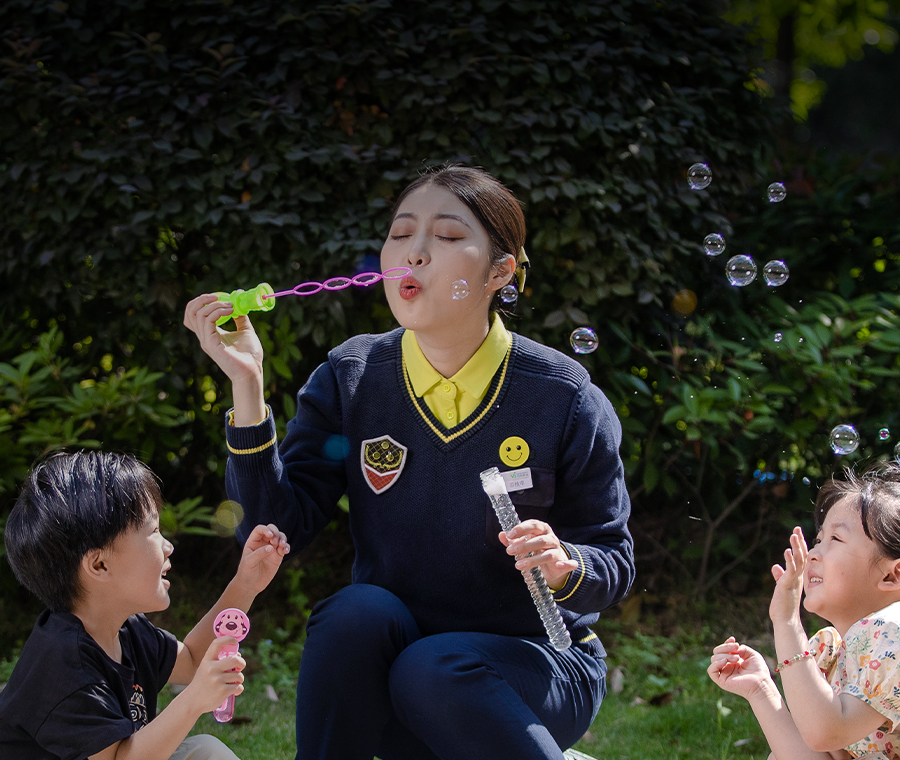Vanke Property Explores Turning Waste into "Fertile Soil" with the "Meilin Model"
2025年07月03日 10:38来源:万物云
The "Community Carbon Reduction: Leaf Composting Meilin Model (Action)" recently launched in Meilin Subdistrict, Futian District, Shenzhen. Guided by Meiting Community of Meilin Subdistrict, the action was initiated by Vanke Property in partnership with the China Community Composting Network, with support from Onewo (Wanwuyun), Vanke Foundation, and the Lishui Institute of Ecological Environment, Nanjing University.

As the last shovel of leaves filled the 5th compost bin, Vanke Property's exploration of a "local government-guided, property management corporate-led, community-participated" composting at community model for carbon reduction took initial shape. This initiative not only drives the green transformation of property services but also offers new ideas for achieving urban carbon neutrality goals.
According to estimates, China generates a massive volume of green waste annually. Major and medium-sized cities alone produce tens of millions of tons of green waste like fallen leaves each year. Traditional disposal methods, such as indiscriminate dumping or incineration, not only consume land resources but also generate significant greenhouse gases. Moreover, green waste is often dispersed, bulky, and poses fire hazards, leading to high transportation and processing costs. Residential communities have long lacked suitable methods for handling fallen leaves and branches. How to reintegrate these "green gifts" from nature back into its cycle? This is not just a technical challenge but a crucial issue for refined governance and sustainable development of urban areas .
At the event, volunteer instructors from the China Community Composting Network—jointly established by Vanke Foundation and Lishui Institute of Ecological Environment, Nanjing University —provided detailed explanations to the community residents and trainees from Vanke Property on the importance and methods of localizing and recycling daily waste like leaves and food scraps. Participants were guided in hands-on composting using the sandwich method and mixed composting method. They filled five 1m³ compost bins on-site with leaves from Meilin Mountain Park and pre-consumer food waste sourced from surrounding communities.

"In the past, fallen leaves swept up in communities were mostly transported out as waste. This not only consumed transportation energy but also occupied space and increased pressure on downstream disposal facilities. Now, through composting, these leaves can be transformed into treasure, becoming fertilizer to nourish community plants and achieving resource recycling," explained Zhang Shiwen, Director of the Composting Division, Lishui Institute of Ecological Environment, Nanjing University, highlighting the advantages of local resource utilization for fallen leaves.
Zhang Yuemin, General Manager of Vanke Property (Shenzhen Region), stated that the shift from "removing waste" to "creating resources" reflects that Vanke Property ,as a property service enterprise's evolution from a basic service provider to a co-builder of the community ecological environment. Through this initiative, Vanke Property aims to explore achieving 100% community circular conversion of fallen leaves—with "zero external transport, zero incineration, zero waste"—in pilot areas. It seeks to develop and promote a replicable community composting model based on " local government-guided, property management corporate-led, community-participated ."
-
ESG新聞及觀點Vanke Property Explores Turning Waste into "Fertile Soil" with the "Meilin Model"2025-07-03
-
ESG新聞及觀點Commitment to ESG Principles! Onewo Becomes a participants of the United Nations Global Compact2025-06-26
-
ESG新聞及觀點Onewo’s Headquarters Building Achieves Operational Carbon Neutrality2025-05-21








